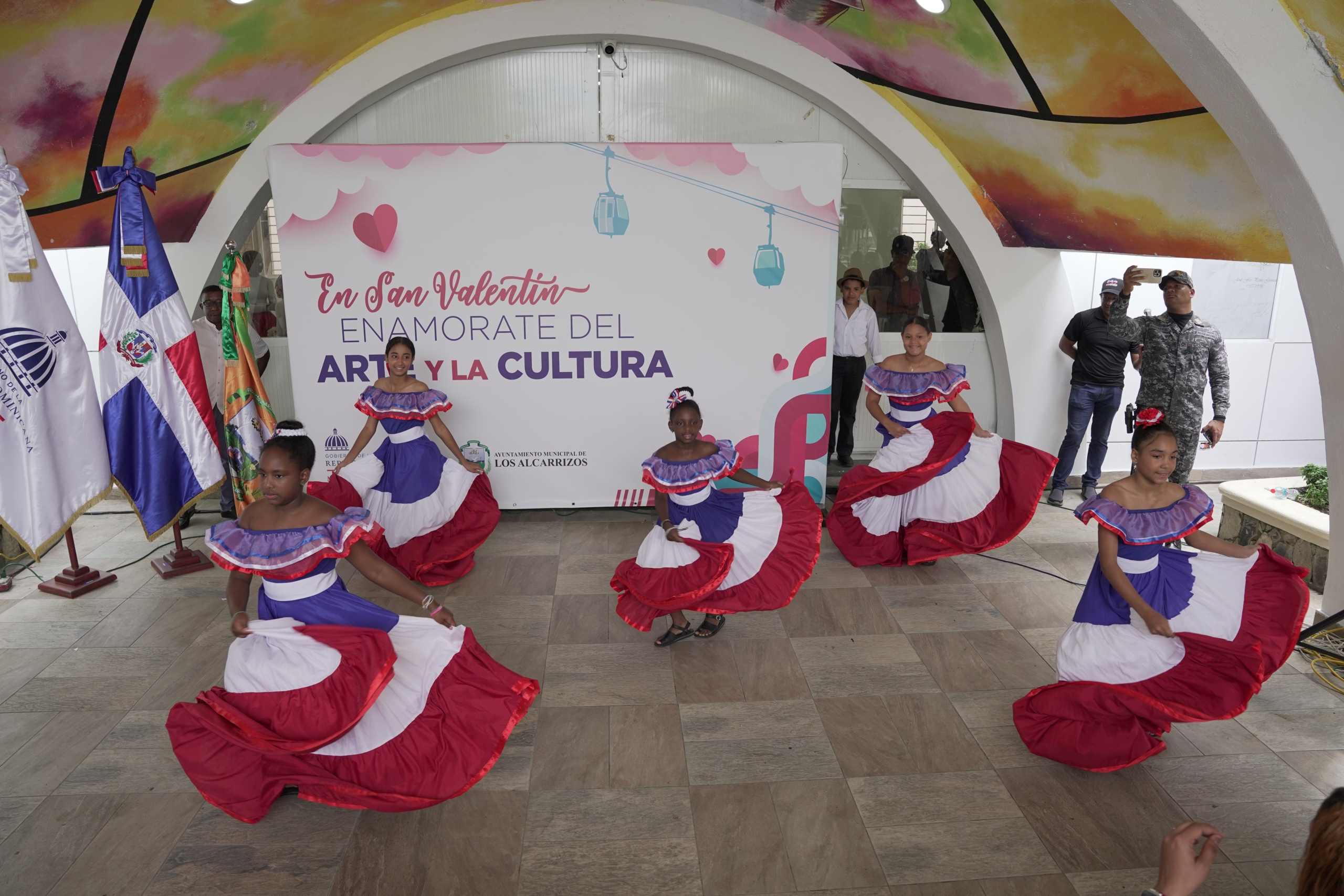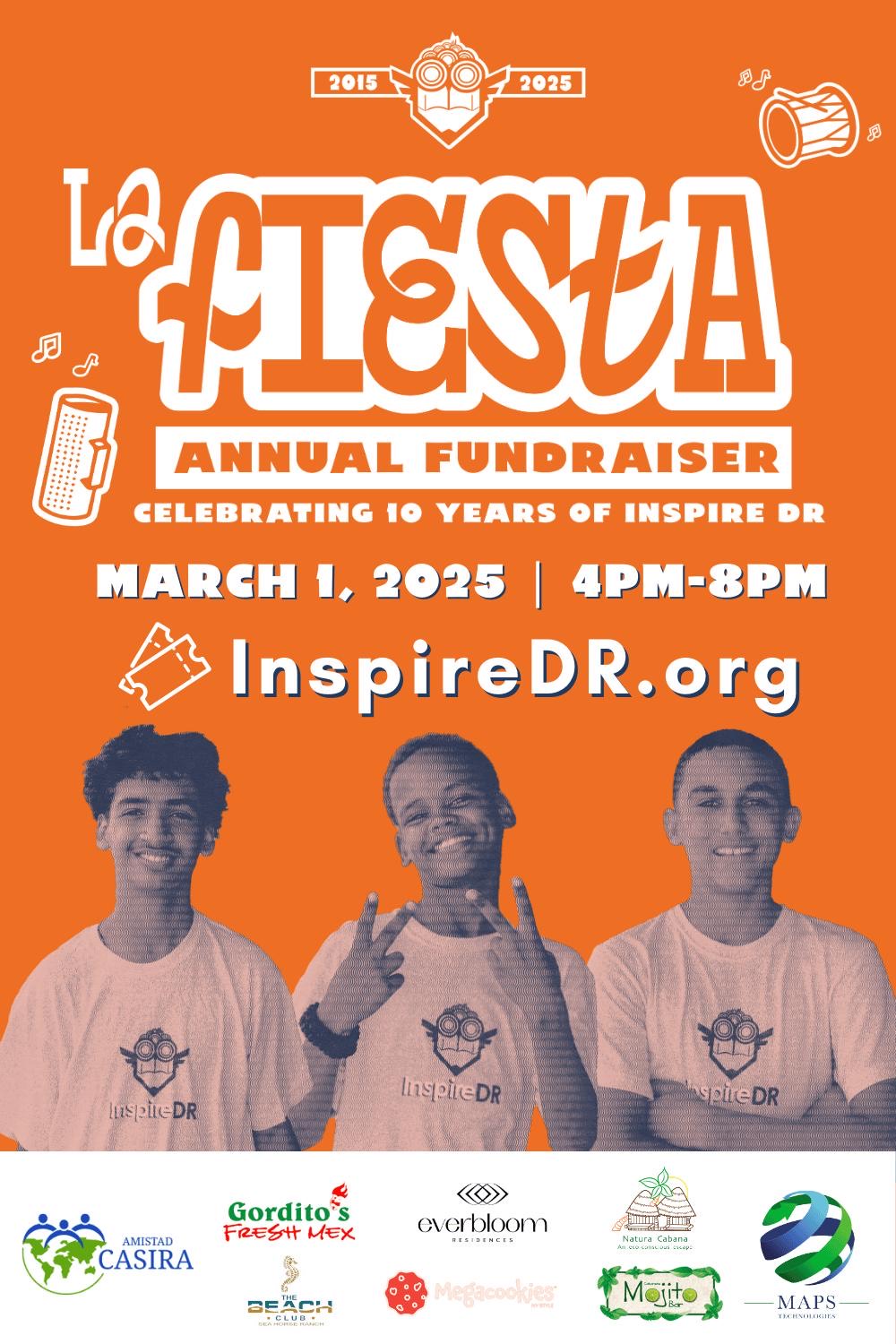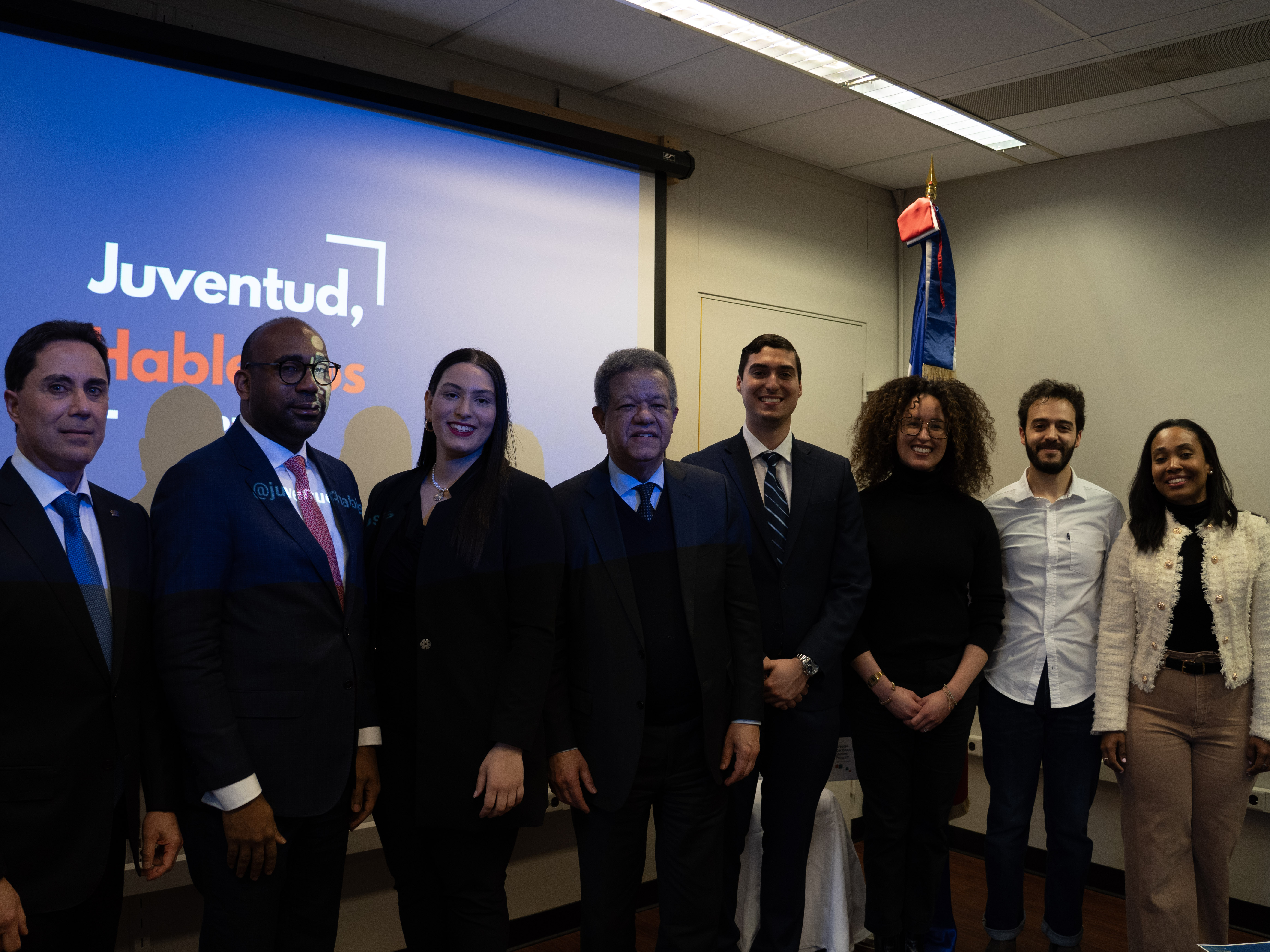MINERD Launches Project to Strengthen the School Feeding Policies in Latin America and the Caribbean
 | MINERD Launches Project to Strengthen the School Feeding Policies in Latin America and the Caribbean The Ministry of Education (MINERD), the government of Brazil and the Food and Agriculture Organization of the United Nations (FAO), launched the Projectto Strengthen the School Feeding Policies inthe context of the Hunger Free Latin America and the Caribbean 2025 Initiative, whose general objective is to achieve a new vision of nutrition in school. During her opening remarks, the Minister of Education said that this Project provides motivation for the initiatives of the School Feeding Program (PAE – Programa de Alimentación Escolar), which MINERD has been implementing to help improve the quality of children’s learning ,.. The ceremony, which took place in theErcilia Pepin room at MINERD, was led by the Vice President of the Republic and FAO’s Ambassador Extraordinary, Dr. Margarita Cedeño de Fernández, the Minister of Education, Mrs. Josefina Pimentel, FAO’s representative in the Dominican Republic, Mr. Gero Vaagt, and the project coordinator, Dr. Najla Veloso, on behalf of the Brazilian government. During her opening remarks, the Minister of Education said that this Project provides motivation for the initiatives of the School Feeding Program (PAE – Programa de Alimentación Escolar), which MINERD has been implementing to help improve the quality of children’s learning,to support their nutritional development and to avoid the risks associated with drop-outrates and low performance. She stressed that for 20 years MINERD has been implementing a vast school feeding program that began with a hundred thousand children at the border with Haiti and now reaches 1.5 million students nationwide. She statedthat PAE promotes the retention of children in school and contributes to improving the micronutrients.In addition, it has had an impact on thechildren’s’ attention span and has made it possible for vulnerable families, from the point of view of their socio-economic standing, to find an ally to improve the nutritionof their children and as a cost-saving alternative for their families. “We want to thank you for the opportunity and the courtesy of having included the Dominican Republic in this regional project,which will further strengthen this initiativeby incorporating the improvements achieved in other countries and their promising practices, and,with your assistance,to help us incorporateother elements and components that they transfer to us,”the Minister added. Minister Pimentel thanked the Vice President of the Republic for incorporating into the project her broad vision, enthusiasm and the experience gained in theProgresando program. She also thanked the Student Welfare Institute, represented by its Director, René Jáquez, for taking the necessary steps to take over PAE in a decentralized manner. In his speech FAO representative, Mr. Vaagt Gero, said that in the Dominican Republic the project aims to achieve a new vision on school feeding, through activities that are designed to strengthen the institutionalization of the food security and nutrition programs and policies byusing mechanisms at the regional and national level, and based on the central themesof Education for sustainability, and the Production and marketing of food to the school population, which are part of the policies of food security and nutrition (SAN – seguridad alimentaria y nutricional). “The experience already exists, and this project provides continuity and a qualitative and quantitative effort which aims to strengthen the development of the learning skills of children in the Dominican schools … “The experience already exists, and this project provides continuity and a qualitative and quantitative effort which aims to strengthen the development of the learning skills of children in the Dominican schools. We appreciate the opportunity to launch this project together with the Ministry of Education and the Vice President, thereby taking another step in the development of the Dominican Republic,” Mr. Vaagt stated. With the addition of the Dominican Republic there are 11 countries that are part of the Projectto Strengthen the School Feeding Policies inthe context of the Hunger Free Latin America and the Caribbean 2025 Initiative, which started in 2009. Brazil has 50 years of accumulated experience in school feeding programs. She said that, to become sustainable,PAEs must have the following characteristics: government commitment;a legal framework built collectively;astable financial capacity; and principles, guidelines and objectives that have been established in accordance with the reality and the needs of the country. The specific objectives of the project are related to the coordination of sectoral policies in the various countries, the development of the local human resources, the exchange of successful school feedingexperiences,the strengthening of school garden projects as a main educational tool, knowledge generation and the dissemination of methodologies aimed at the local acquisition process of family farming, and the implementation of the Escuelas Vivas program. A workshop on the themeDevelopment of the Operational Plan took place to support the project.Dr. NajlaVeloso was the main speaker. Also present at the event were the Deputy Minister of Health, Virgilio Cedano; the Director of the National Institute of Student Welfare, Mr. René Jáquez;theCoordinator of the Progresando program, Mrs. Altagracia Suriel; the Deputy Ministers of Education, Gisell Féliz and Víctor Sánchez; and other officials from the participating agencies. |

Related News
-

(Versión en español) MINC realiza el evento "Enamórate del Arte y la Cultura" en Los Alcarrizos
-

(Versión en español) InspireDR celebra una década de impacto con “La Fiesta 10” en Cabarete
-

(Versión en español) Organización “Juventud Hablemos” de la Universidad de Columbia y la GFDD copatrocinan a casa llena evento sobre “La evolución de la democracia en la República Dominicana”
-

(Versión en español) Realizan premiere del documental “El Padrino II: 50 años y su filmación en República Dominicana”
-

Actividad #1
Dónde:: Complejo Acuático Del Centro Olímpico Juan Pablo Duarte.
Días: 28 y 29 de noviembre 2016.
Precios: RD$1,1000.00 VIP, RD$600.00 gradas.


